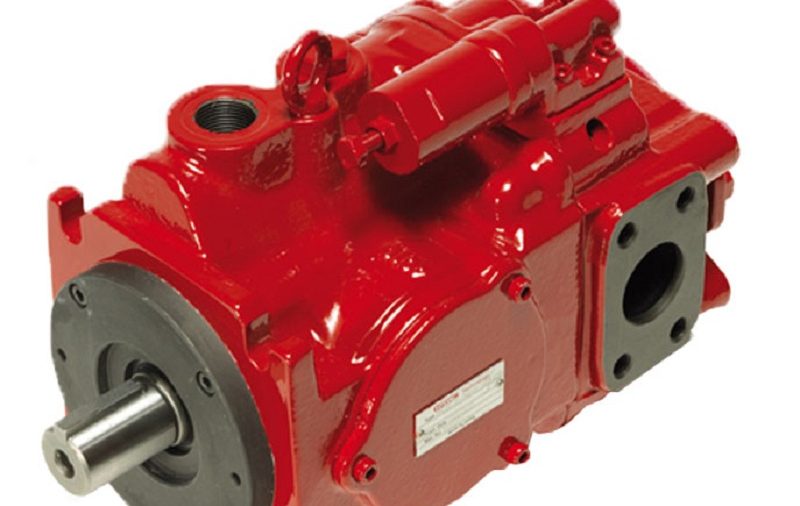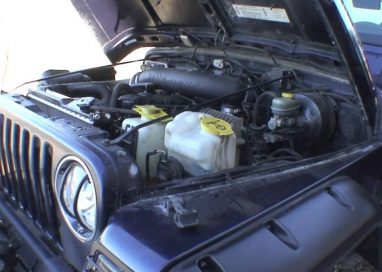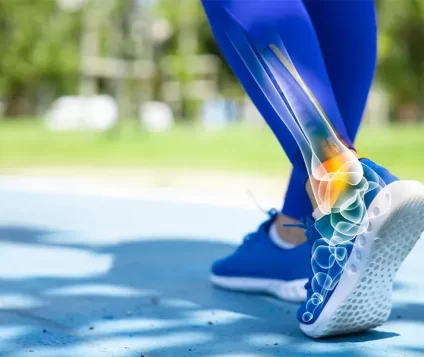What to Know about the Advantages and Disadvantages of Piston Pumps

Piston pumps, also known as reciprocating pumps, are powered by a turbine, steam, hydraulic drive mechanism, or electric motor. They are capable of differential pressures up to 10,000 pounds per square inch. These pumps use the reciprocation motion of a piston rod, in order to move fluid along an axis through a cylinder-shaped chamber. As the piston goes through the cylinder, the pressure builds up and forces the fluid to move through the pump. The fluid flowing through the pump will pulsate, due to the movement of the piston through the cylinder. It’s important to know the advantages of piston pump technology, in order to make the right choice for which tool you need.
Advantages of Piston Pump Technology
Piston pumps have a wide pressure range, which means they can reach high pressures and the pressure can be controlled without having any impact on the rate of flow. They also have a continuous rate of discharge, and the discharge rate and pressure changes don’t have an effect on performance. These pumps can create high pressure from low flow situations. Pumps will draw gas or fluid into the chamber through a small opening and then release it when compressed by the piston, which helps create a high pressure, even with a low flow situation. This technology is proven and has been used for years. It’s one of the oldest designs that is still being used in today’s time. These pumps are also durable and can work with abrasive and corrosive materials. The pump can handle anything from carbide to ceramics, which makes them useful for a number of different applications that can range from pumping cement to air transfers. A well-designed pump will operate at above 90% efficiency, which makes it one of the most efficient options to use. Piston pumps can maneuver solids, high gas volumes, and viscous fluids, if the valves are correctly designed. These pumps do have a long life, even with additional maintenance, so they can be worth the costs.
Disadvantages of Piston Pump Technology
Piston pumps can cost more per unit to run when compared to roller or centrifugal pumps. Mechanical parts of piston pumps can be prone to wear, so they can have higher maintenance costs than some other options. The valves will need to be resistant to abrasives in order for any large solids to pass through. Due to the large size and the weight of the crankshaft that will drive the pump, these pumps are heavy. The pump does create pulsations when it moves the gas or liquid through. Pulsations can’t be completely eliminated, so there could be damage to any surrounding systems. The pumps may occasionally damage themselves due to violent movements of the pistons.



















